Trump Faces January 10 Sentencing in NY Hush Money Case
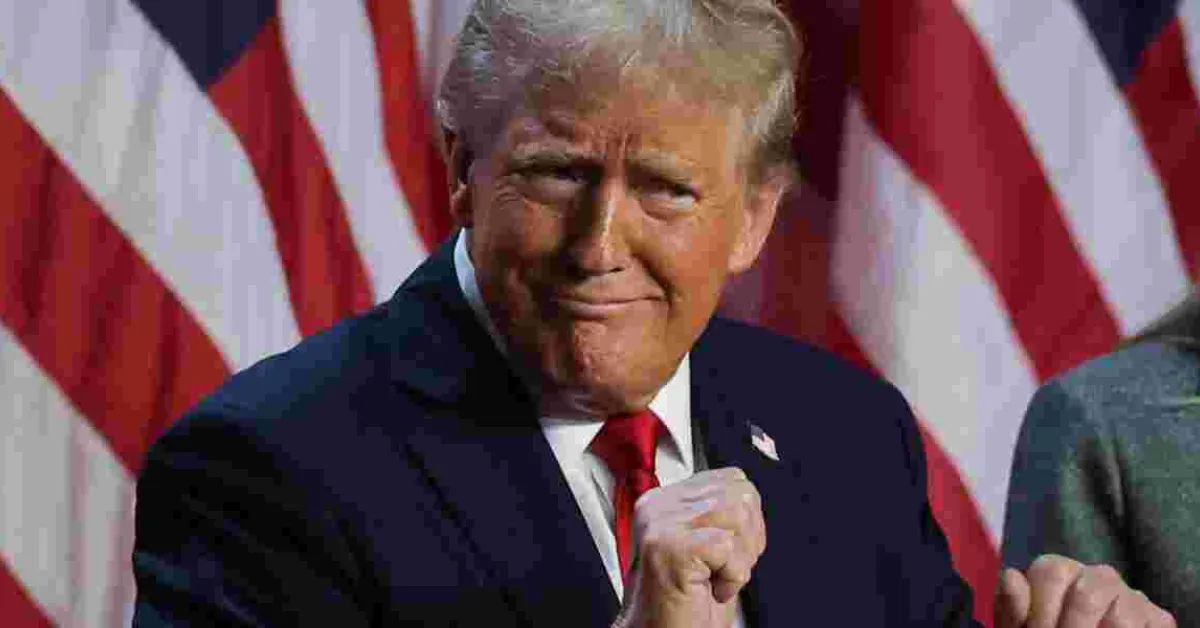
President-elect Donald Trump is set for sentencing on January 10 after being convicted in a high-profile hush-money case that has elicited considerable public and political controversy.
The case adjudicated within the New York legal framework, centers on Trump's alleged participation in a scheme that involved a $130,000 payment to adult film actress Stormy Daniels during the 2016 presidential campaign. This payment, facilitated through Trump's former attorney, Michael Cohen, was purportedly made to suppress claims of an extramarital affair.
Justice Juan Merchan, who is overseeing the case, has suggested that he is unlikely to impose jail time, probation, or financial penalties on Trump. Instead, there is a possibility of an "unconditional discharge," allowing Trump the option to attend sentencing either in person or remotely.
This unprecedented legal scenario arises less than two weeks before Trump is scheduled to be inaugurated, marking the first time in American history that a convicted felon will assume the presidency. Trump has publicly derided the legal proceedings as politically motivated, describing the judge's ruling as an "illegitimate political attack."
He continues to assert his innocence, characterizing the charges as a "rigged charade" intended to sabotage his 2024 presidential campaign. Compounding the situation, Trump's legal team has sought the dismissal of the case, arguing that it presents significant obstacles to his ability to govern effectively.
Steven Cheung, a spokesperson for Trump, refers to the order as an extension of a "witch hunt," insisting that the sentencing process should not interfere with the president's transition or key responsibilities. In response, Justice Merchan has acknowledged the need to address Trump's concerns regarding the potential impact of the case on his presidency, proposing options to delay sentencing or ensure it does not result in incarceration.
While discussions surrounding presidential immunity from criminal prosecution have emerged, the US Supreme Court ruled in July that although presidents possess broad immunity for actions taken while in office, this does not extend to personal misconduct executed as private citizens. This ruling has been integral to the developing legal narrative, with Merchan reaffirming the legitimacy of Trump's conviction for falsifying business records.
Legal commentators widely assess that a custodial sentence remains improbable, given Trump's age and the specific legal precedents involved. As Trump stands on the brink of a historic inauguration amid persistent legal challenges, he also faces additional charges in three other criminal matters—two related to attempts to overturn the 2020 election results and another concerning classified documents.

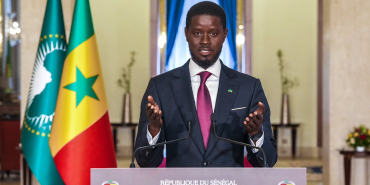
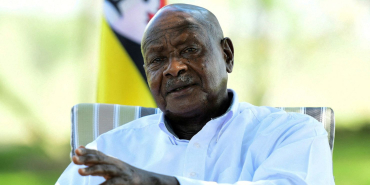

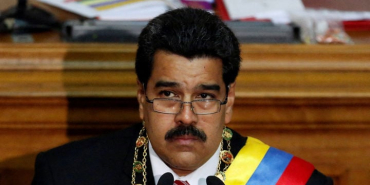


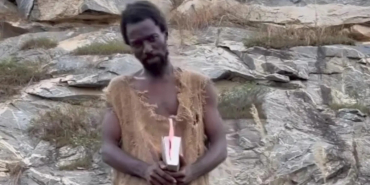






Comments
THE DEATH OF DEMOCRACY: If a…
Permalink
THE DEATH OF DEMOCRACY:
If a convicted felon can be sworn in as the next president of the USA on January 20, 2025, we should as well stop dreaming about the notion of "democracy" as the beast political construct established by humanity. The idea of democracy was born in Greece 508 - 507 BCE. The father of democracy was a Greek lawyer known as Cleisthenes. When this notion was developed by him, Greece had slaves who were not allowed to participate in the election as well as the women.
Women were not allowed to vote in the US until 1920, and in Britain in 1928.
Add new comment